Maureen Nehedar is taking a trip down dear old Memory Lane and taking us along for the associated musical ride. Over the past couple of decades, forty-something Nehedar has cemented her place as one of the country’s foremost exponents of Persian classical music and while she has been at it, a sprinkling of other extracurricular projects.
Nehedar is part of this year’s Jerusalem International Oud Festival (November 18-27) that in its 22nd edition takes place, as always, under the aegis of Confederation House and its CEO-artistic director Effie Benaya. It will come as some surprise to audiences that have become accustomed to her evocative delivery of the aforesaid traditional and liturgical material. This time round Nehedar dips into her earliest formative years to feed off some of the pop and rock numbers she heard with her keen infant ears before her family made aliyah from Isfahan, Iran, when the toddler was barely three years old.
For Nehedar the Iranian Pop and Rock show, scheduled for Zappa Jerusalem on November 22 (10 p.m.), is far more than a nostalgic trip. The preparatory preliminaries to the onstage execution takes her right back to the most primal stage of life, at a time when sounds just enter our ears, filter their way into our developing consciousness in an unsullied manner, free of the judgmental clutter that tends to pervade and muddy our perception as we progress through life.
“I am happy that, at long last, there is a twist in my storyline, my musical storyline,” she declares. It has, she says, been a long time coming. “When you think about it the things I heard as a baby and an infant, yes there was the Oum Kulthoum-like Persian music, with authentic instruments,” she says, evoking the iconic image of the Egyptian classical music diva by way of referencing the classical side of her birth country’s culture, “but there was also a lot of pop music at home. My family lived this [musical] revolution.”
This was at a time when the (last) Shah of Iran, Mohammad Reza Pahlavi, was leading his country towards a more westernized lifestyle. “That was a musical revolution before the [political] revolution,” Nehedar observes. The latter refers to the 1979 uprising led by Shia cleric Ayatollah Khomeini which led to the deposing and exile of the Shah.
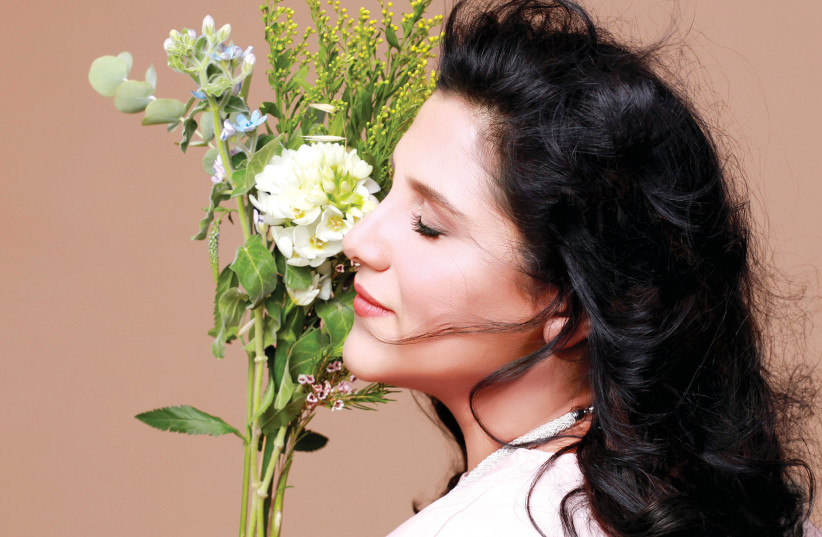
That also meant it was high time Iranian Jews got out of the country while they still could, and the Nehedar family quickly upped stakes and made its circuitous way over here.
Nehedar displayed sonorous talent from a very early age and, although her initial training leaned heavily on the western classical side, she eventually found her way back to the traditional – Jewish and other – music of Iran and, now, to more commercial material from further abroad.
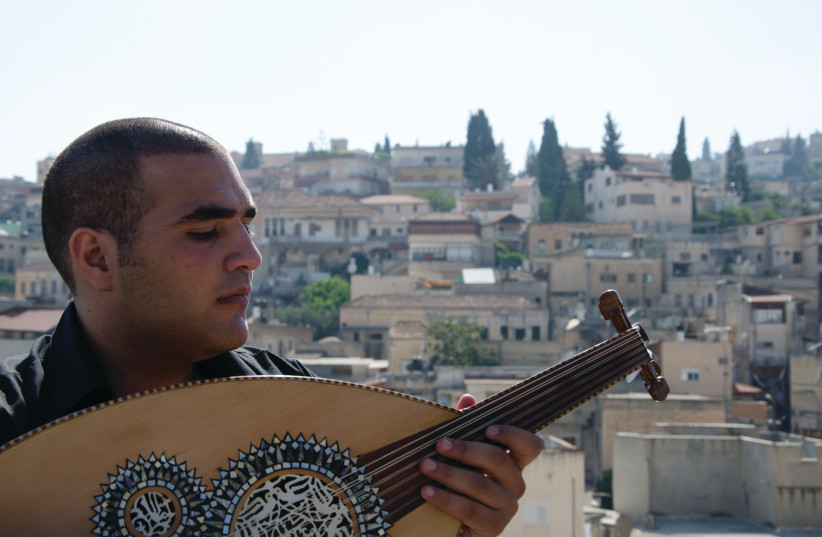
THERE WAS plenty for her to sink her teeth into. “Music in Iran reached an apogee and really flourished, with synergies between western music like jazz. There were so many fusions which produced amazing results.” That, Nehedar points out, did not demand a clean break from the roots of the local culture. “They preserved the Persian character which was quite incredible. You could hear songs in a chanson style, or semi-cabaret style, bossa nova, Sanremo style [pop], and lots of influences of Spanish music. It was a sort of mishmash but, somehow, they managed to embrace everything. Everything was perfectly and fully absorbed.”
“Everything” is a pretty accurate epithet for the expansive range of commercial material that was being created, recorded and performed in prerevolutionary Iran. Nehedar cites the likes of now 74-year-old Kourosh Yaghmaei, known as “the Godfather of Iranian psychedelic rock”; still popular 71-year-old singer-actress Faegheh Atashin known professionally as Googoosh; late classical and pop vocalist Ma’soumeh Dadehbala aka Hayedeh; and pop, rock and folk singer-songwriter, guitarist and pianist Farhad Mehrad, who released the first English language rock and roll album in Iran. Nehedar clearly had rich pickings to sift through for her Oud Festival show.
While she is overjoyed to finally get around to unveiling commercial sounds from Iran of the 1950s-1970s to her Israeli audience, it has not all been smooth going for Nehedar. The project involved diving headlong into the music of her first years on terra firma, which dredged up plenty of previously overlain emotion. “I started delving into it. It was quite a shock to the system to listen to those songs again,” she notes. “This is material which I don’t dare listen to on a regular basis because it is very painful for me.”
The angst, she says, comes from the knowledge that the music was the lovechild of a world that is no more. “It is also connected to my own personal backdrop, and the significance of these songs, and the time when I heard them for the first time, and also that I am no longer in Iran.” Nor is she likely to be anytime in the foreseeable future. Escaping the strictures of post-Khomeini Iran, and relocating to a new country, was not an entirely positive experience. “The family also underwent a type of rupture,” says Nehedar.
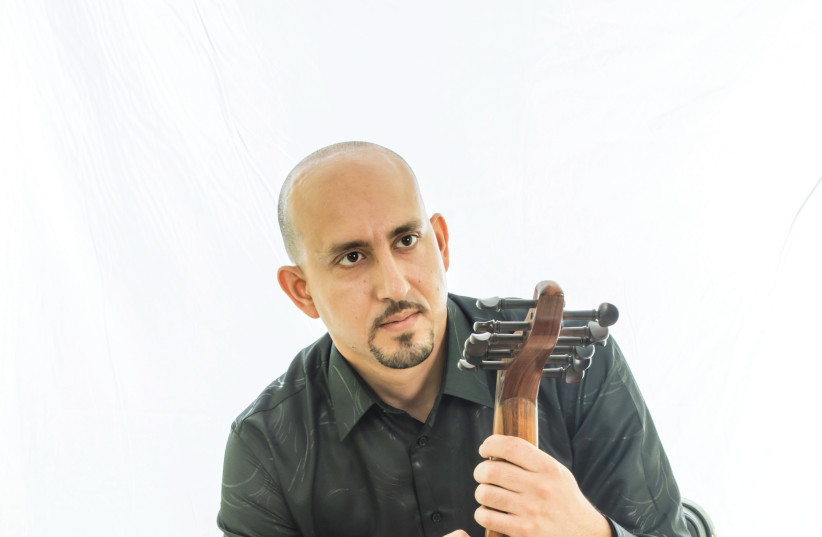
She was left on her lonesome in endeavoring to salvage some morsels of a largely dead and buried culture and to reconnect with the sounds that lay nestled and lodged in her incipient cognizance, which are still so precious to her. “My mother, for example, does not have a need to listen to something by, say, Googoosh. It is like she placed a rock on top of that and just blocked it off.”
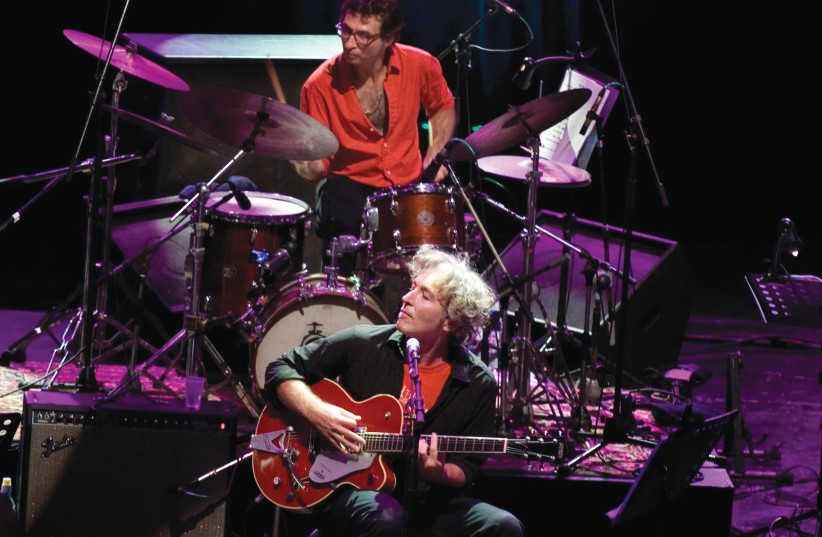
That may be so, but the family did stash a few cassette tapes of Iranian pop and rock among the meager possessions they managed to spirit out of their homeland en route to Israel. As a child and into her teen years, Nehedar gave the reels a whirl or two which enabled her to preserve those treasured memories she is now bringing to full concert fruition along with a hefty eight-member instrumental backing troupe.
The music is a powerful emotive powder keg for Nehedar and she felt she had to pace herself as she worked through the repertoire. “There is still an open wound which needs some healing,” she observes. “And it is a way of getting to know myself better. I can’t really explain it.”
Knowing Nehedar – I have attended quite a few of her shows over the years – she will manage to convey some of that emotional baggage to her Zappa audience, personal psychological minefield logistics notwithstanding. “I really hope it leads to some therapeutic process for me,” she says. “I am constantly wrestling with this side of things, and wondering how I can offer these songs to the public.”
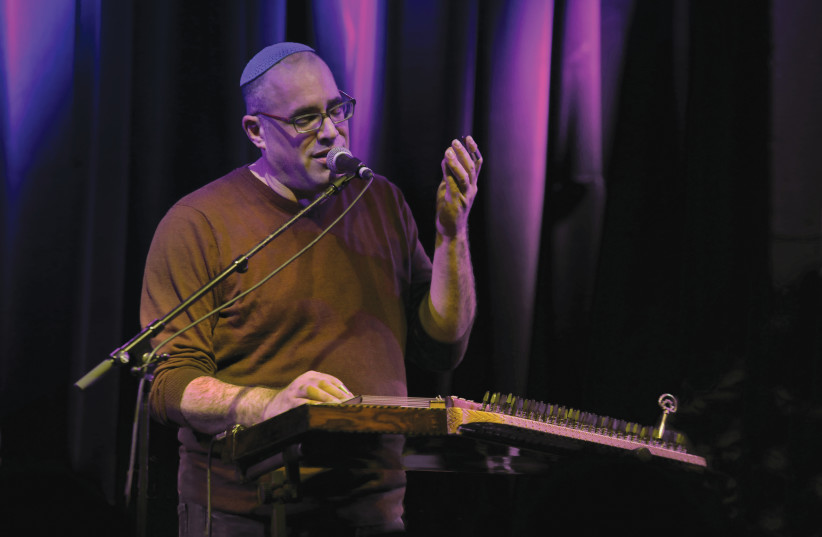
DELIBERATIONS OR no, it is clear that she is certainly not holding back on any artistic level. It is not just a matter of the scale of the score backing to her stirring vocals. She has followed the lead of her Iranian role models by leapfrogging conventional instrumental demarcation lines. Her group includes such definitively nontraditional instruments as trombone and trumpet played by Maayan Milo and Yuval Peleg respectively, but Nehedar pushes the boat even further out by featuring programmed sonic layers courtesy of Liad Grushka, as well as computerized textures and keyboards. That is in addition to guitarist Gal Roth, bassist Alon Azizi and violinist Liat Rosenberg, with Oren Gilad anchoring the rhythmic side of things on drums.
Together the group will introduce the members of the Zappa audience to a hitherto unknown cultural domain and zeitgeist. She says, “For them it will be like stepping into a time capsule. They may not be Iranians but, by stepping into the time capsule, they will get some idea of what Iran might have sounded like. They can get an inkling of how amazing and developed Iran was once, and the phenomenal cultural achievements they attained from a cultural and musical point of view.” Nehedar fully expects to catch some lower jaw slackening as the show progresses. “People will think ‘what? That’s Persian music? That’s impossible.’ For me it will be like displaying an exhibition in a museum.”
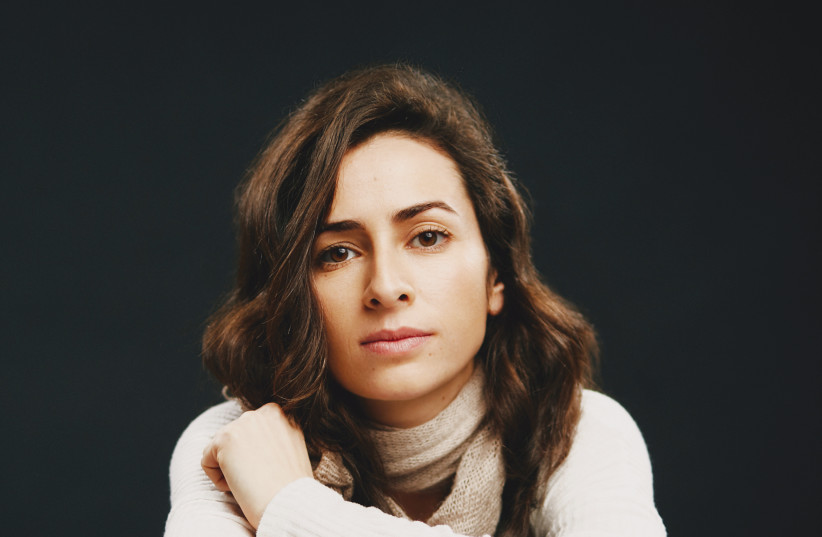
Nehedar is quick to point out that does not suggest simply unearthing some forgotten strata of musical archaeology. For her, the music is very much alive. She says that, along with arranger Grushka, she has put a lot of effort into rendering the original scores in a contemporary 21st century format. “We are bringing a new spirit to the music. We don’t present the arrangements exactly as they were performed back then.” You can say that again. “We have an electric guitar with distortion. You name it,” she laughs.
Jocularity notwithstanding, it must have taken some courage for Nehedar to take the material she holds so dearly and to run with them in all sorts of culturally extraneous directions. “It was not easy,” she admits. “I know these songs so well, as if I’d photographed them.”
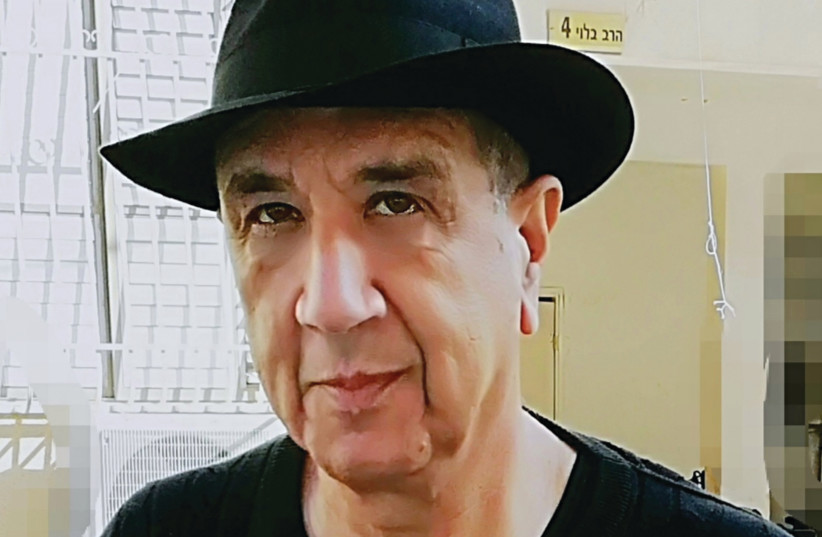
THAT MADE bending the rules all the more daunting, almost sacrilegious. “When I thought of introducing even the most minor of changes I’d suddenly get cold feet and think I can’t do it. It took me a long time to get over that, and to realize I had to relax and let things go.”
Then again she didn’t set out to go the whole iconoclastic hog. “I wasn’t going to slaughter any sacred cows,” she notes. “I wasn’t looking to get into weird stuff, and do strange harmonies and to disrespect the original songs. We changed things while honoring the source and the spirit of the songs.”
Nehedar put in a shift or two and immersed herself in the minutiae of the scores from the 1960s and 1970s, to make sure she and the rest of her gang did the source justice. “I am a perfectionist. We made sure we dotted all the i’s and crossed all the t’s. Every single change underwent quality control a thousand times,” she laughs, adding that she fully expects the hard work to produce the desired end product. “I am certain that everyone in the audience will be able to connect with the music we perform.”
The proof of that pudding is already evident to a degree. “The musicians in the band aren’t Iranian but they all said they enjoyed working on the project that the music really speaks to them.”
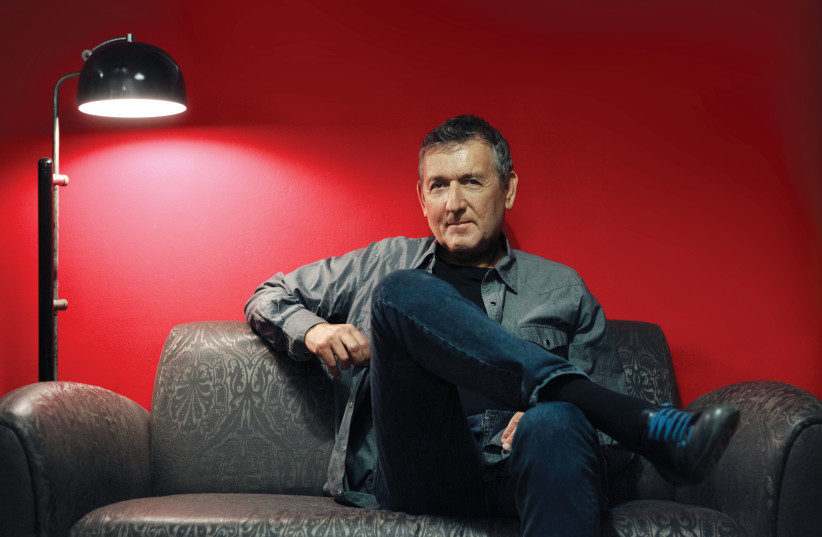
The members of the Zappa audience can expect more from where this show came, with a new Nehedar album due out sometime in the winter. The record will be called Tolou E Man (The Shining), named after a song by now 76-year-old Los Angeles resident Iranian singer-songwriter Siavash Ghomayshi.
It is a song which is particularly dear to Nehedar’s heart. “There are a lot of songs I could [sing that] shaped my childhood. But this song made aliyah with us in the two suitcases the Iranian authorities allowed us to take with us. My mother took all sorts of cassettes she’d taped off the radio, and she didn’t really remember who the artists were.”
Nehedar may have loved the song but it took a long time to track down the all-important details. “It took my 40 years to discover the identity of the singer,” she says. Once found, she isn’t about to let it go. “I sing it in Hebrew on the record. My mother helped me translate it. This song is my heart.”
An entertaining and moving time is in the cards at Zappa.
For tickets and more information: *6226 and tickets.bimot.co.il, *9080 and zappa-club.co.il, (02) 539-9360 and www.confederationhouse.org
